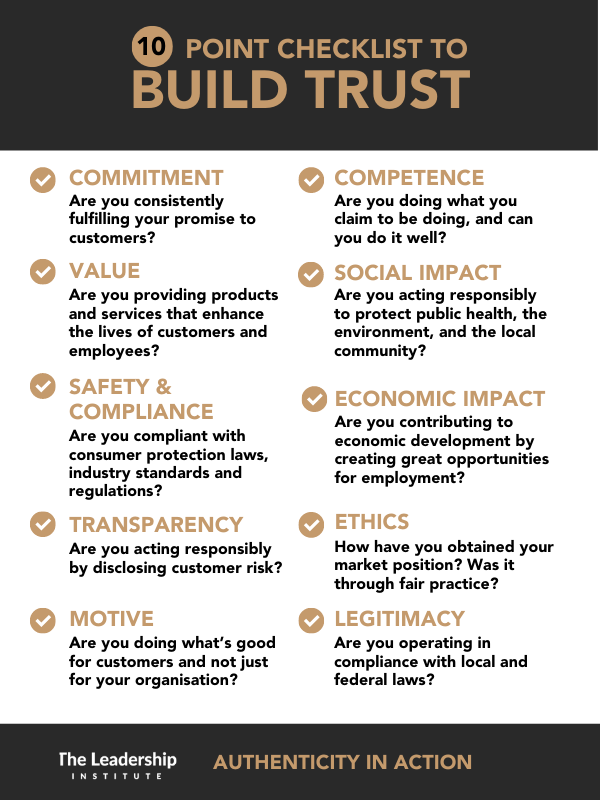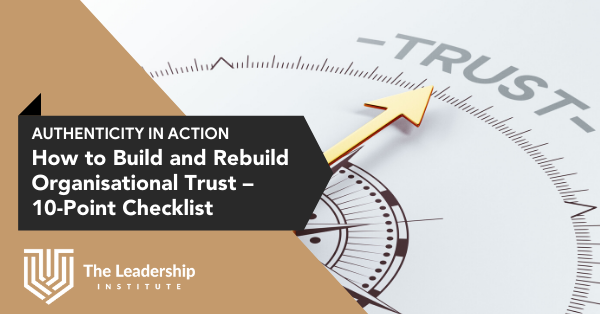Can your business be trusted?
In the age of financial scandals, data breach and fake news, the word “trust” appears to have lost its meaning with corporations – the bigger you are, the less trustworthy.
Academics define trust in business as the commitment to be responsible for the actions of others. Every transaction we make relies on businesses having the very best of intentions. In short, we allow ourselves to be vulnerable to businesses because we believe they have our backs.
Understanding Trust from the End-Customer’s POV
The only way for businesses to build trust is to put customer interest above all else. How are you creating value for your customer? Is it through products and services that enhance their lives or put them in harm’s way?
Customer trust is tied to your own employee’s experience with the firm – they are now more inclined to check if you treat your employees well.
Customers also want to know — are you a legally, ethically and socially responsible business? They differentiate those who are responsible and compliant and those who are not.
What firms can do to build and rebuild trust —
A 10-Point Checklist
Breaking trust is simply bad business. Betrayals have been found to have significant financial consequences according to the 2018 study from the Economist. On the flipside, creating trust boosts overall performance.
Luckily, we’ve put together this 10-Point Trust Checklist you can use right now to assess your firm’s trustworthiness and start to build a trusted, beloved and profitable brand.
1. Commitment
Are you consistently fulfilling your promise to customers?
2. Value
Are you providing products and services that enhance the lives of customers and employees?
3. Safety and Compliance
Are you compliant with consumer protection laws, industry standards and regulations?
4. Transparency
Are you acting responsibly by disclosing customer risk?
5. Motive
Are you doing what’s good for customers and not just for your organisation?
6. Competence
Are you doing what you claim to be doing, and can you do it well?
7. Social Impact
Are you acting responsibly to protect public health, the environment, and the local community?
8. Economic Impact
Are you contributing to economic development by creating great opportunities for employment?
9. Ethics
How have you obtained your market position? Was it through fair practice?
10. Legitimacy
Are you operating in compliance with local and federal laws?

Creating trust is never easy – but there are steps you can take right now to win the loyalty of your customers. Learn how you can build organisational trust and enhanced reputation from some of the top CEOs and MDs of Australia’s most trusted companies. Sign up for our Authentic Leadership Summit 2020.



